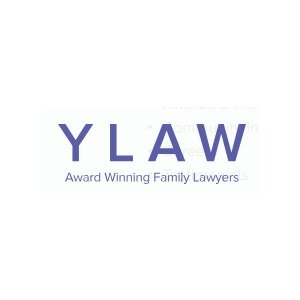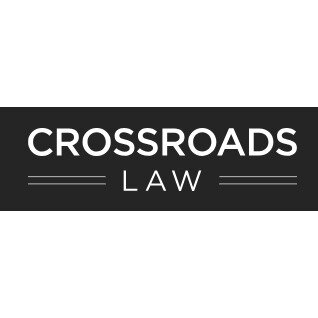Best Adoption Lawyers in Vancouver
Share your needs with us, get contacted by law firms.
Free. Takes 2 min.
Free Guide to Hiring a Family Lawyer
List of the best lawyers in Vancouver, Canada
About Adoption Law in Vancouver, Canada
Adoption law in Vancouver, governed by the British Columbia Adoption Act, aims to ensure the best interests and well-being of children in matters of adoption. It provides provisions for domestic adoptions, international adoptions, post-adoption services, and adoptions by relatives. The rights and responsibilities of the biological and adoptive parents, as well as those of the child, are carefully outlined under this act.
Why You May Need a Lawyer
Adoption law can be complex and sensitive, as it involves critical issues such as parental rights, custody, and the potential impact on the child in question. An experienced adoption lawyer can guide you through the legal procedures, paperwork, and court proceedings. They can represent your interests in situations like contested adoptions, securing parental rights, addressing issues with birth parents, or in international adoptions where the laws of another country are also at play.
Local Laws Overview
The key aspects of adoption laws in Vancouver include eligibility criteria for prospective adoptive parents, which mandate that they must be Canadian citizens or permanent residents, and usually 19 years or older. The law also allows for confidentiality and fully open adoptions, as well as contact orders to facilitate contact between a child and their birth family post-adoption. Consent is essential and can only be given after the child's birth. Furthermore, the law sets specific procedures for Aboriginal children's adoption, aiming to preserve their cultural identity.
Frequently Asked Questions
1. Who can adopt a child in Vancouver?
Generally, a resident of British Columbia who is over 19 years of age and is a Canadian citizen, permanent resident, or landed immigrant can adopt. This includes single individuals, married couples, and common-law partners.
2. Is there an age limit to the child being adopted?
No, there is no age limit outlined by the Adoption Act of British Columbia. An individual can be adopted at any age; however, if the adoptee is over 19 years, it is known as adult adoption.
3. Can the birth parents change their minds after consenting to the adoption?
Yes, birth parents have 30 days from the day they sign the consent to change their mind. After this, the consent becomes irrevocable unless it can be proven in court that it was given under duress, fraud, or undue influence.
4. How long does the adoption process take?
The exact duration varies depending on multiple factors, including the type of adoption, the age of the child, and the current waiting list. An adoption agency or an experienced adoption lawyer can provide a more accurate estimate based on the specific circumstances.
5. Can the adoptee contact their birth parents later?
In British Columbia, the law allows for post-adoption openness agreements, where, depending on the best interest of the child, the birth parents and the adopted child might stay in contact.
Additional Resources
The British Columbia Ministry of Children and Family Development provides a comprehensive list of resources relating to adoption, including a range of post-adoption services. Adoption Support Centres located across the province can offer invaluable assistance and guidance. Additionally, consider reaching out to non-profit adoption agencies and support groups for adoptive parents.
Next Steps
If you're considering adoption or need legal assistance in an adoption process, start by consulting an experienced adoption lawyer who can clarify your rights, responsibilities, and the necessary legal procedures. It's advisable to gather as much information as possible and understand the commitment adoptions entail, for ensuring the best for the child involved.
Lawzana helps you find the best lawyers and law firms in Vancouver through a curated and pre-screened list of qualified legal professionals. Our platform offers rankings and detailed profiles of attorneys and law firms, allowing you to compare based on practice areas, including Adoption, experience, and client feedback.
Each profile includes a description of the firm's areas of practice, client reviews, team members and partners, year of establishment, spoken languages, office locations, contact information, social media presence, and any published articles or resources. Most firms on our platform speak English and are experienced in both local and international legal matters.
Get a quote from top-rated law firms in Vancouver, Canada — quickly, securely, and without unnecessary hassle.
Disclaimer:
The information provided on this page is for general informational purposes only and does not constitute legal advice. While we strive to ensure the accuracy and relevance of the content, legal information may change over time, and interpretations of the law can vary. You should always consult with a qualified legal professional for advice specific to your situation.
We disclaim all liability for actions taken or not taken based on the content of this page. If you believe any information is incorrect or outdated, please contact us, and we will review and update it where appropriate.














